Source: Musuc Alexandr | Dreamstime.com
Aging is a natural process that brings about countless changes in our bodies — and our hair is no exception. One of the most frustrating transformations many individuals experience is the gradual onset of frizz in their once-manageable locks. “Why is my hair getting frizzy as I get older?” is a question that resonates with many. In this blog post, we’ll explore the reasons behind this common concern and provide insights on how to combat frizz using the right professional hair care products. The journey to smoother, more manageable hair begins here!
The Biology Behind Aging Hair
The changes our hair undergoes as we age are complex and multifaceted. Understanding the science behind aging hair is crucial in addressing the frizz often accompanying this natural process.
Aging causes structural changes in the hair. The outermost layer of hair, the cuticle, undergoes a gradual transformation with age. The cuticle, which consists of tiny, overlapping scales, protects the hair shaft’s inner layers. However, these scales become increasingly porous as we age, allowing moisture to enter more readily. Unfortunately, porous hair cannot hold that moisture.
The cuticle’s ability to maintain the hair’s moisture balance decreases as it becomes compromised. This is why aging hair tends to lose its natural oils and hydration. When hair lacks its usual moisture, it becomes more prone to frizz. The result is a noticeable change in the texture and manageability of our locks, often characterized by a frizzy or unruly appearance.
Hormonal fluctuations, particularly in women, also influence the texture of aging hair. For women approaching menopause, a decrease in estrogen levels is a key contributor to changes in hair quality. Estrogen has a protective effect on hair, promoting oil production and maintaining its overall health. The hair may become drier and more susceptible to frizz as estrogen levels drop.
Hormonal imbalances, which can occur during various life stages, can similarly affect hair texture. For men, hormone imbalances, including testosterone, can change the scalp’s oil production and, consequently, hair texture. This hormonal rollercoaster can be even more intense during periods of stress or illness.
Aging hair’s propensity to frizz can be attributed to both the structural alterations in the hair cuticle and hormonal fluctuations that affect oil production. These changes combine to create the frizz challenge many individuals face as they age. Understanding these processes is the first step toward maintaining healthy, well-textured hair.






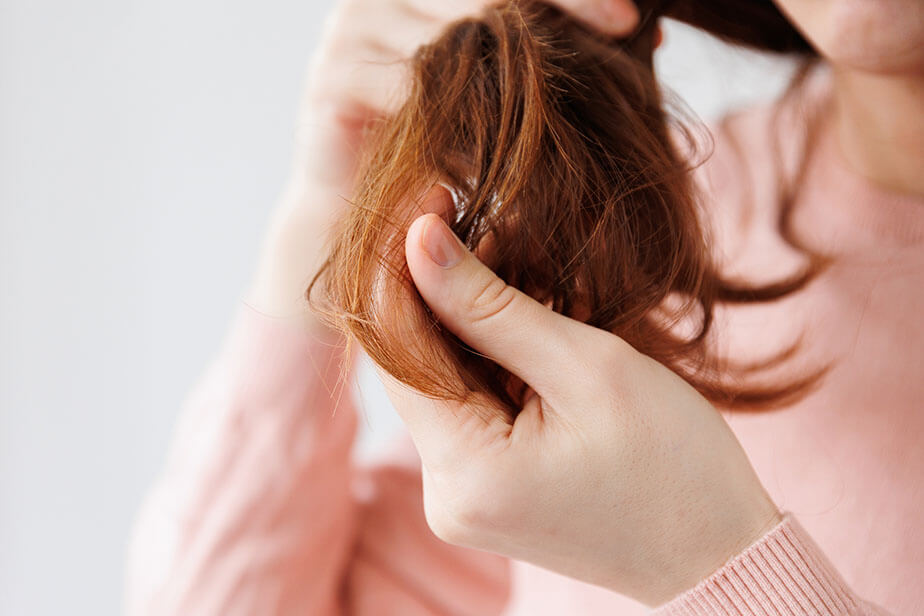

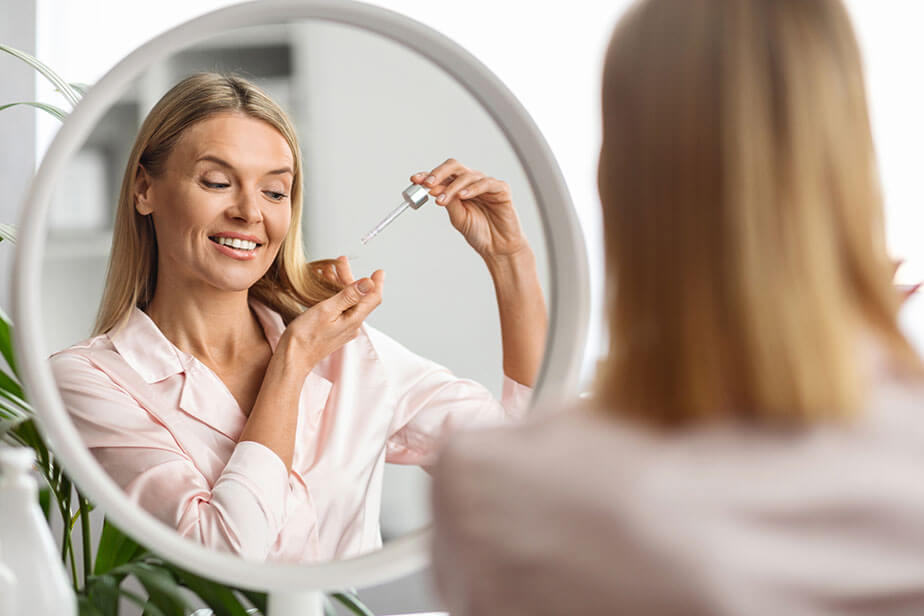


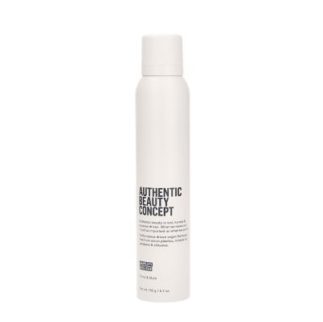
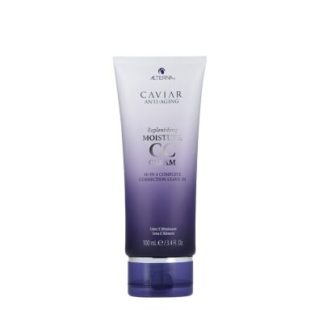
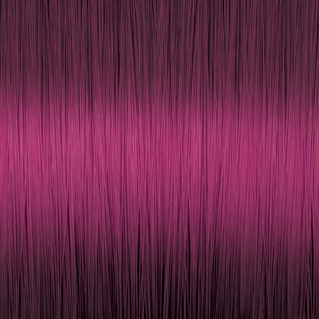
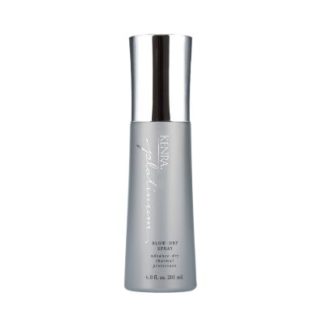
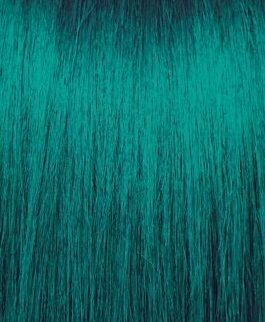
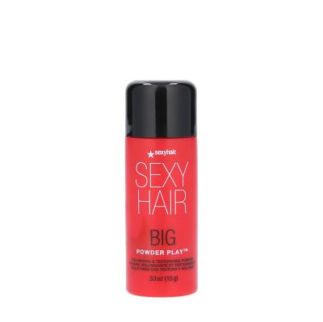
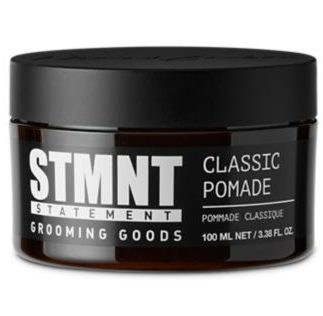
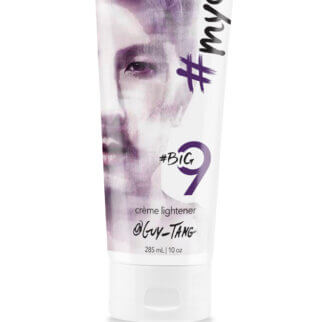
Share Your Feedback